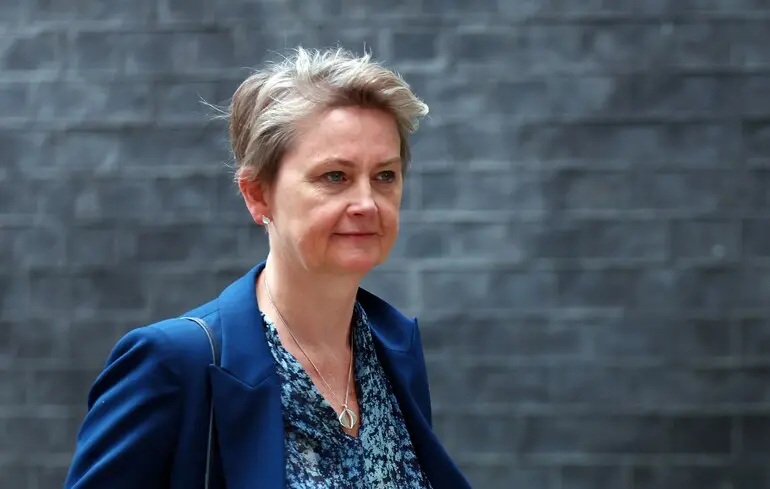The New Chapter in UK Foreign Policy: Yvette Cooper Faces Global Challenges

The United Kingdom’s Foreign Office has appointed a dynamic new leader—Yvette Cooper—who will soon become central to significant international events.
She is set to face serious challenges, including presiding over the UN General Assembly, where London intends to make a historic decision to recognize the State of Palestine.
This move will serve as a crucial signal to the global community and exemplify the evolution of British foreign policy.
Additionally, the new minister will focus on the ongoing crisis in Ukraine, which remains one of the most volatile areas in international relations, as well as increasing tensions in the Middle East region.
An analysis by BBC indicates that Cooper’s appointment reflects instability and rapid change within the upper echelons of British diplomacy.
Over the past five years, at least six politicians have held the foreign secretary position, illustrating ongoing turbulence and the urgent need for new leaders to quickly adapt to the demands of a changing world stage.
Cooper brings with her experience in international affairs, including visits to Iraq where she sought to address illegal migration issues.
However, her contacts in Washington are significantly weaker than her predecessor, David Lami, who maintained close ties with key American officials.
The challenges she will face include the war in Ukraine, escalations in the Middle East, and internal debates over immigration policies.
As an aspiring diplomat, she must swiftly acclimate to complex global dynamics and build effective international collaborations to ensure Britain maintains an influential voice on the world stage.
Cooper’s political career began in 1997 following Labour’s electoral victory.
She held several senior government positions under Tony Blair and Gordon Brown, and in opposition, she worked within shadow cabinets of Ed Miliband and Jeremy Starm.
In 2015, she competed for Labour leadership but lost to Jeremy Corbyn.
With Labour’s return to power in 2024, Cooper took on a vital role in immigration policy, focusing on regulating crossings of the English Channel and addressing protests at refugee hotels.
She also handled security issues and counter-terrorism efforts.
Meanwhile, the UK has eased visa restrictions for Ukrainian refugees, demonstrating ongoing support during wartime, and has redirected over a billion pounds from frozen Russian assets to military aid for Ukraine.

